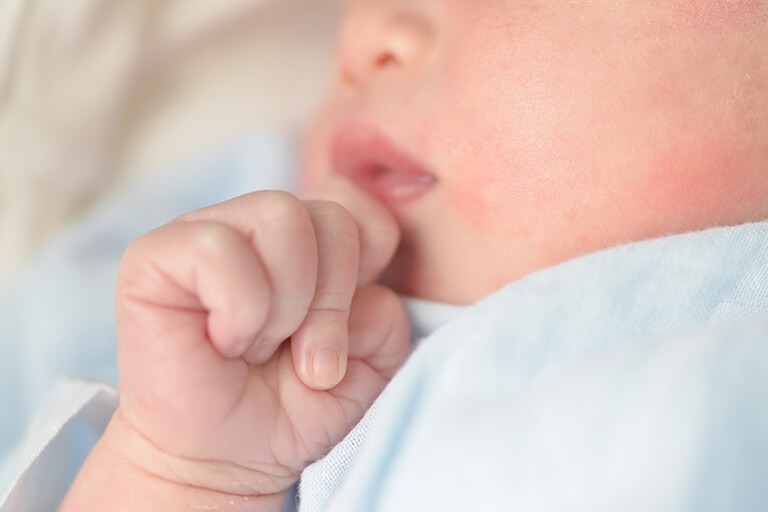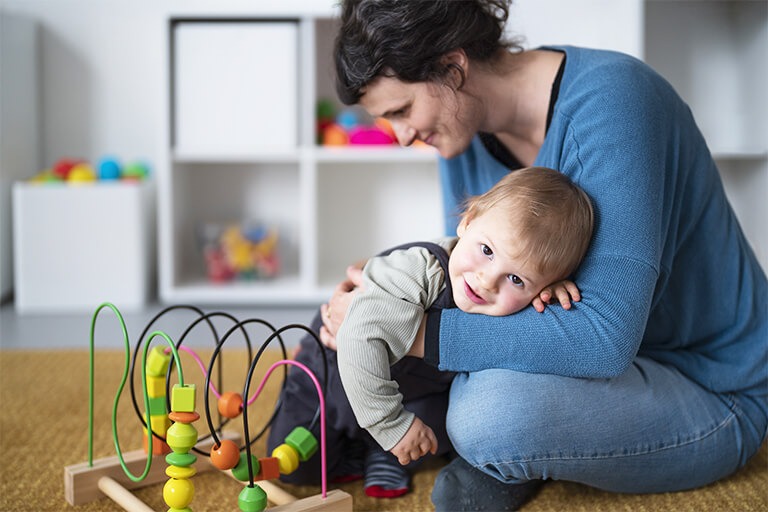When welcoming your little child for the first time, it’s completely normal to experience a mixture of anxiety and exhilaration. Caring for a newborn, especially in the first weeks, can be satisfying and challenging. To make the adjustment to parenthood easier for you and to ensure your baby’s health, we’ve compiled a list of the most essential newborn care tips. We’ll walk you through all the nuances of caring for a newborn, from figuring out feeding schedules to comprehending sleep cycles. With these tips, you’ll feel more equipped to give your child the finest care possible and savor this unique time spent together. So, let’s explore the realm of newborn care and learn how to provide your child with a loving atmosphere. Getting personal assistance from a neonatologist in Dubai is advised, as every newborn is different and may have different requirements. Newborn Care Helpful Tips There are a few things to consider when it comes to newborn care. It is your responsibility as a parent to ensure your child receives the best care available. In this section, we’ll provide helpful tips and techniques to help you navigate the early days with your newborn. Feeding and Sleeping Routines Setting up a feeding and sleeping schedule is essential to the health of your newborn. It’s best to speak with the best neonatologist to figure out the most convenient feeding plan for your child, given the local climate and requirements. Breastfeeding is highly recommended since it strengthens immunity and supplies vital nutrients. If breastfeeding is not an option for you, there are great formula options available. Establishing a peaceful and cozy sleeping space is crucial. Because of the warm weather in Dubai, it can be difficult for newborns to sleep soundly. In your baby’s room, think about adopting lighter bedding and making sure there is enough ventilation. Additionally, to assist your newborn in developing healthy sleep patterns, stick to a regular bedtime schedule. Bathing and Calming Methods Giving your baby a bath calls for extra care. Your baby’s skin may dry out quickly due to the high temperatures in the city. To prevent irritation, use mild, hypoallergenic baby products and lukewarm water. Don’t forget to moisturize it after every bath to keep your baby’s skin hydrated. Using calming strategies is essential to keeping your baby happy. In the Dubai heat, your baby may become irritable due to discomfort. A fan or a cool mist humidifier can assist in controlling the temperature and provide a calming atmosphere in your baby’s nursery. In addition, making gentle, calming noises and engaging in skin-to-skin contact can promote calmness and comfort. You may guarantee your child’s well-being by adhering to these newborn care recommendations specific to the Dubai environment. It is always advisable to consult a professional pediatrician or neonatologist in Dubai for individualized counsel and assistance during your parenting journey. Conclusion In conclusion, meeting your newborn’s physical and emotional needs is essential when caring for him. Pay attention to the crucial advice for a seamless transition into parenthood. Remember, every baby is special and may have unique needs. For tailored advice, it’s best to consult with your neonatologist. If you’re seeking one of the best neonatologists in Dubai, contact Dr. Olfa Koobar.
04 248 1000
drolfa.k@gmail.com
Sat - Thu: 9:00am - 7:00pm













